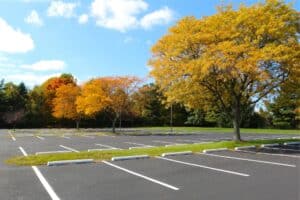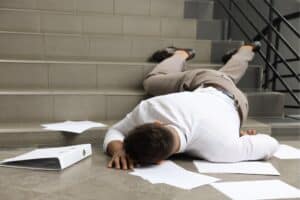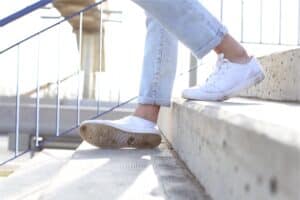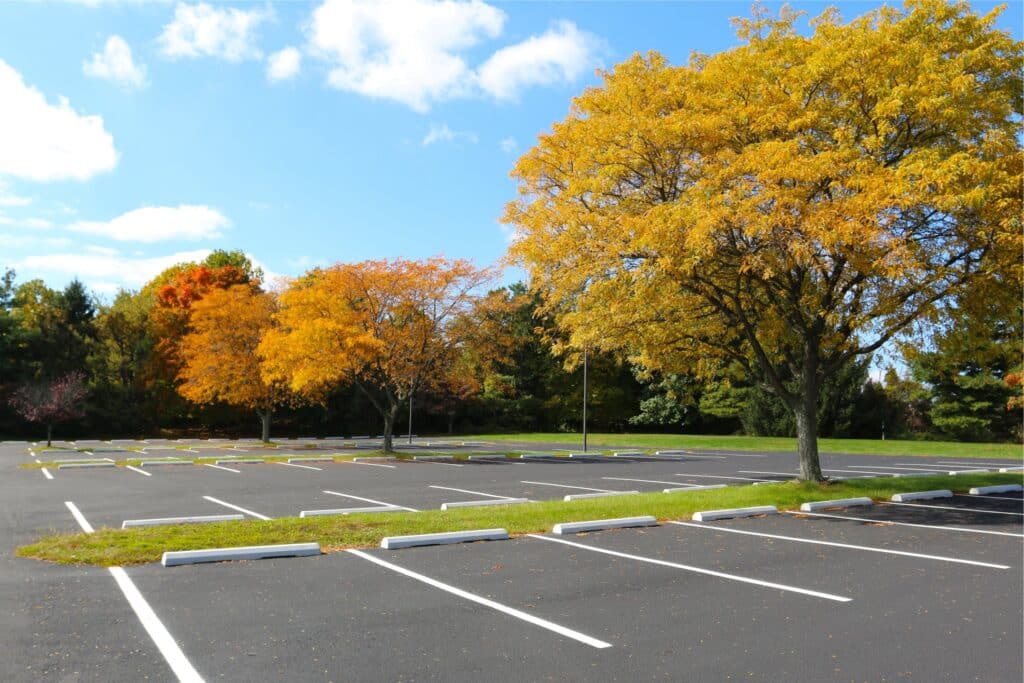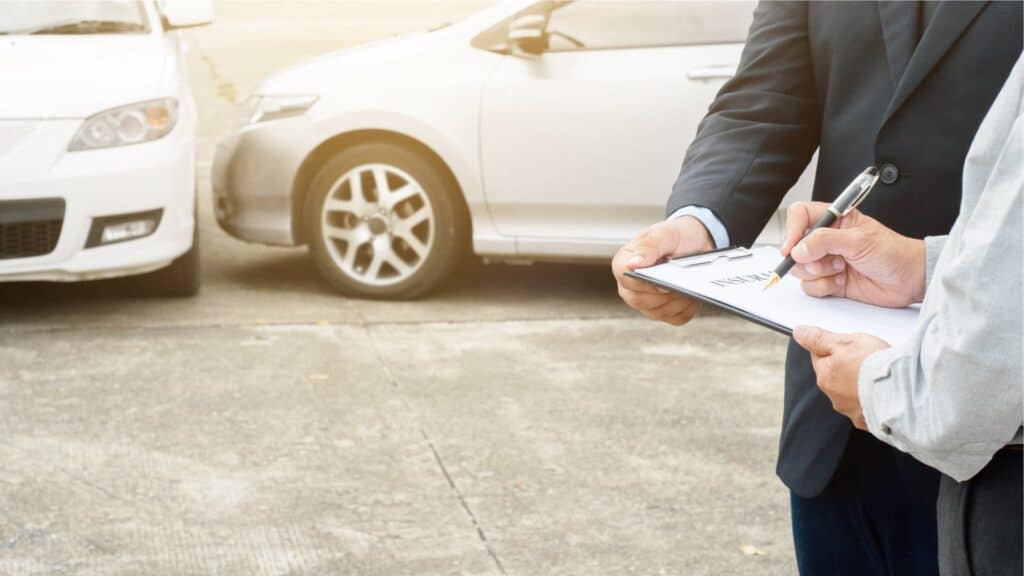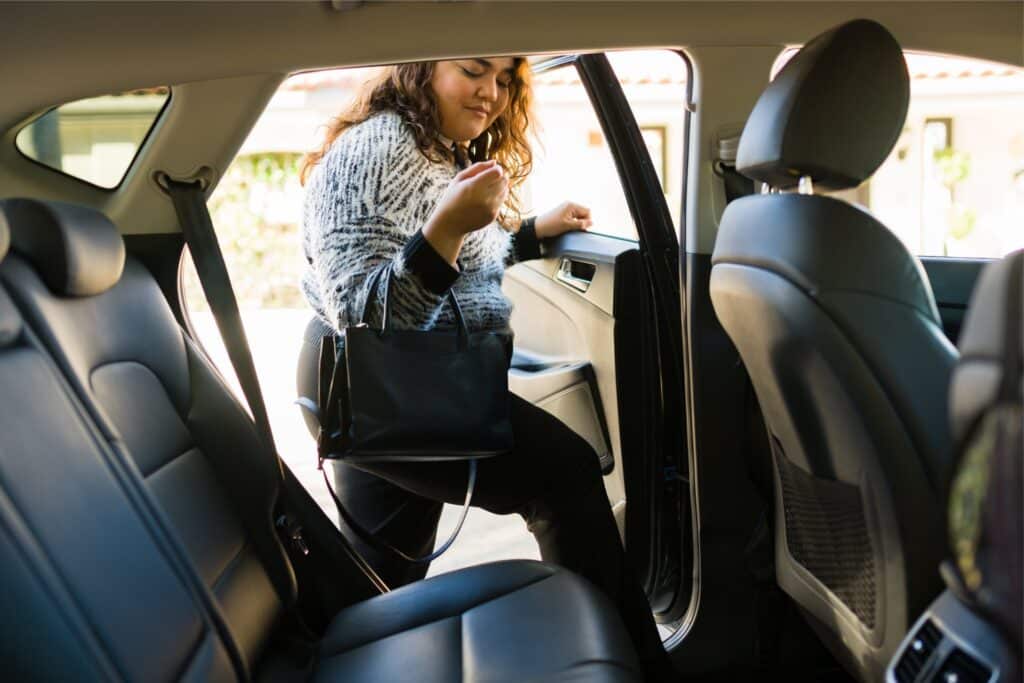Premises liability is a legal concept that determines who is held responsible for injuries that occur on a property. It involves several personal injury scenarios, from slips and falls in a grocery store to major accidents on public sidewalks. At Zbinden & Curtis Attorneys at Law, we’ve dealt with numerous cases involving premises liability, and we understand how each case is unique to the people involved.
This article will provide you with a general overview of premises liability in Oregon, as well as a better understanding of the duty of care that property owners owe their visitors. We’ll discuss the concept of negligence and examine how liability is likely to be determined in cases that involve private properties, businesses, and city spaces. For specific guidance based on the circumstances of your personal injury claim, call our Portland office today.
The Duty of Care in Premises Liability Cases
At the heart of all premises liability cases is the concept of the duty of care. It’s a legal principle that requires property owners or managers to keep their spaces reasonably safe for their visitors. However, the extent of this duty varies depending on what type of visitors are on the property. Visitors can be categorized as invitees, licensees, or trespassers, and each category is entitled to a different level of protection under the law.
- Invitees are people invited onto the property for the property owner’s benefit, like customers in a store. Property owners owe the highest duty of care to invitees, which includes regularly inspecting the premises for hazards and fixing or warning their visitors about them.
- Licensees enter the property for their own purposes but with the owner’s consent. These are social guests or workers who are on the property to complete a job. Owners must warn licensees of any dangerous conditions on the property that may prevent them from doing their jobs safely.
- Trespassers are individuals who enter the property without permission. Property owners owe the least duty of care to trespassers. Generally, owners are only required to refrain from willful harm to a trespasser, but they are under no obligation to keep him safe or warn him of hazards.
How Negligence Impacts a Premises Liability Case
The legal concept of negligence is one of the foundational ideas behind premises liability. A property owner is considered negligent in their duty of care if they fail to use reasonable care in maintaining their property, and their negligence directly leads to an accident or injury. To establish negligence in a premises liability lawsuit, the injured party must prove that:
- The property owner owed them a duty of care.
- The property owner breached that duty of care by failing to maintain the property.
- The breach of this duty directly caused the injury.
- The injured party suffered physical and financial damages as a result of the injury that the property owner could have prevented.
The Liability of Private Property Owners vs. Businesses
The standards applied to private property owners and businesses differ slightly because of the categories of visitors they attract. Private property owners are generally responsible for keeping their property safe for social guests and are required to warn them of any dangers that they know of. However, they are not usually required to inspect their property for unknown hazards.
Business owners, on the other hand, invite the public onto their premises and, therefore, owe a higher standard of care. They must actively look for and correct any dangerous conditions that they find. Businesses must ensure that the inside and outside of their property are safe, including well-lit parking lots and walkways free of ice and snow.
Accidents in City Spaces: The Sidewalks and Parks of Portland
When accidents occur on city-owned spaces like sidewalks or parks, determining liability becomes more complicated. Cities and municipalities must maintain public spaces in a reasonably safe condition. However, liability for accidents in these areas often depends on the local laws and specific circumstances of the accident.
In many cases, the injured party must prove that the city knew or should have known about the hazardous conditions that caused the accident, yet they did nothing to address them. These cases are rare, but they do occasionally happen.
Additional Factors in Premises Liability Cases
- Comparative Negligence: In some cases, the injured party may be partially responsible for their own injuries. Many states follow the principle of comparative negligence, which allows for a reduction in damages that a property owner must pay based on the percentage that the injured person is at fault for their accident. Oregon modifies this rule by stipulating that if the injured party is more than 50% responsible for their accident, they can’t receive compensation from the property owner at all.
- Children on Property: Special rules apply when children are injured on someone’s property, especially in cases involving swimming pools or homemade playground equipment. Property owners may be held to a higher standard of care to prevent injuries to children, even if those children are trespassing on the owner’s property.
- Security and Crime Prevention: Property owners, particularly businesses, may also be held liable for injuries that result from poor lighting or security that fails to prevent foreseeable crimes. Oregon motels, for instance, might be held responsible for dark and unmonitored parking lots because their customers are more likely to be attacked by criminals in these locations.
Call Zbinden & Curtis Attorneys at Law Today
At Zbinden & Curtis Attorneys at Law, we can help you fight for your rights as a victim and ensure you receive the compensation you deserve. We can file your claim, investigate your accident, and provide expert witness testimony that proves your side of the story in a court of law.
We understand how complicated a premises liability case can become, so if you or a loved one has been injured on someone else’s property, contact our Portland office at (503) 287-5000. We’ll handle the paperwork so you can focus on recovering from your accident.
